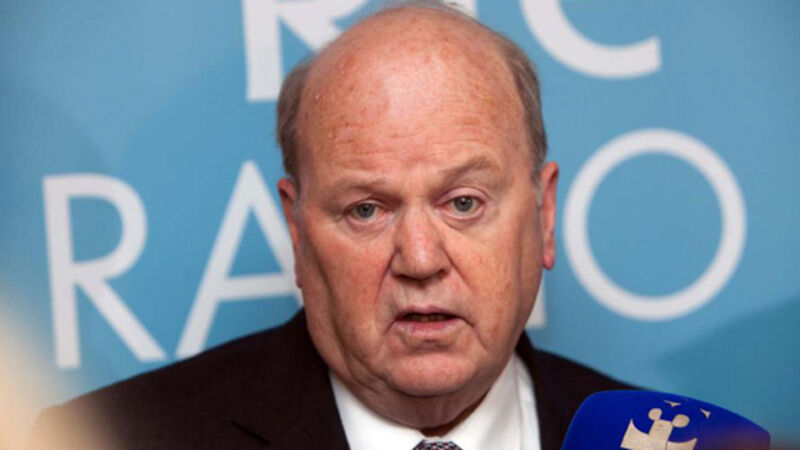Jim Power: Budget must reflect caution and conservatism, not populist heroics

Notwithstanding this fact, it is also probably true to say that they will present the budget against a background of intense uncertainty and challenge.
Brexit, ongoing sterling weakness, the Apple tax ruling, growing unrest amongst some militant unions, and the strange complexion of the Dáil and the Government, immediately spring to mind. All of these issues should give deep cause for concern.













